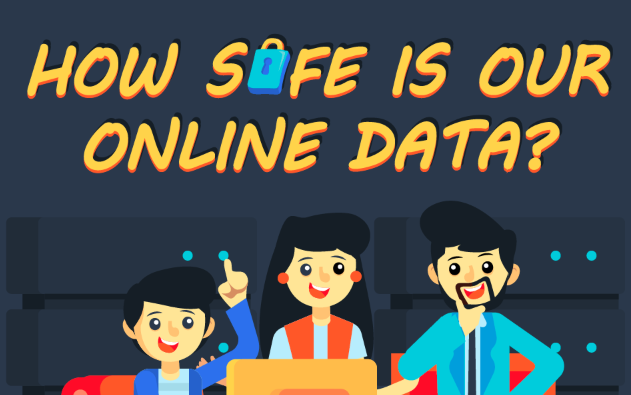
The internet and by extension social media have changed our lives in countless positive ways. However, there’s a flip side to the coin. Strict privacy is now a thing of the past.
Keeping passwords, financial, and personal details safe and protected from data breaches and cyber attacks has never been more critical for individuals than today. Sadly, most people adopt a relaxed attitude when it comes to issues relating to their social media security.
Social Media Concerns
The success of social media can be seen from its impact on society today, with Facebook having more than 2 billion active monthly users and an average of 1.4 billion daily users in 2017.
However, privacy concerns with social networks like Twitter, Facebook, Instagram, and Pinterest have been raised among users due to the detrimental effects of exposing too much personal information on these sites.
Social media platforms like Facebook, Twitter, Instagram, and LinkedIn collect users’ personal data and posts, hardware and software information, payment and account details, and other information. They use this data to help marketers send specific adverts to prospective customers and also use it for research within and outside the network.
Well-Known Breaches
In March 2018, Facebook admitted that it has been collecting call and text history of Android users without their consent. Earlier in 2016, a Facebook bug had leaked the private contact information of six million users.
Twitter’s data breach occurred in 2016 when the passwords of about 33 million users were hacked and leaked. In 2017, several high-profile Twitter accounts were compromised.
Instagram has had its fair share of data breaches. In 2017, an unknown hacker accessed user data of some people using an app’s bug. In the same year, hackers stole the contact information of more than six million Instagram users, and some of this data was sold for as much as $10.
As for LinkedIn, more than six million users’ passwords were stolen in 2012.
How To Protect Yourself Online?
Safeguarding your personal information online isn’t too difficult. You should start by using strong passwords with a minimum of 10 characters composed of a mix of uppercase and lowercase letters, numbers, and symbols.
As a golden rule, you should never share passwords or reuse them on other websites. Also, you should be wary of what you download on sites or via email attachments.
For more tips on how to secure your online data, check out this infographic below.
